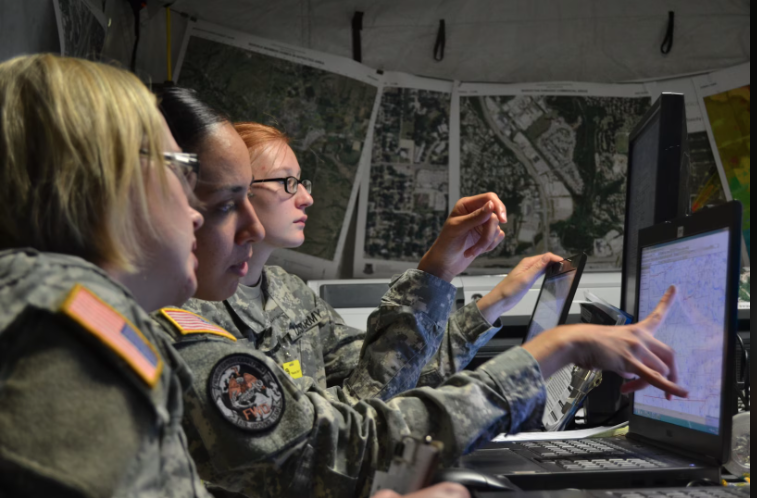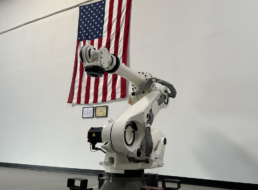Some lawmakers are re-launching their bid to establish a Space National Guard, despite strong White House opposition to previous efforts.
House Armed Services Committee members Reps. Jason Crow (D-CO) and Doug Lamborn (R-CO) this week reintroduced the Space National Guard Establishment Act, which would move space-focused Air National Guard members from seven states and one territory into a new Space branch. Last session, the proposal passed the House as part of broader defense policy legislation, but was removed from a final version of the bill in December.
For it: The bill has bipartisan support in both the House and Senate, where Sens. Dianne Feinstein (D-CA) and Marco Rubio (R-FL) reintroduced a similar bill in February.
Supporters argue that space missions should be stripped out of the Air National Guard the same way space priorities were removed from the Air Force to establish the Space Force. Standing up a Space National Guard would “correct this misalignment,” lawmakers claim.
The proposal has other high-power allies, including the National Guard Association of the US and Guard Chief Gen. Daniel Hokanson, who said in 2021 that establishing a space guard was “among my most pressing concerns.”
Against it: The White House in September 2021 said it “strongly opposes” the creation of a Space National Guard due to concerns about ballooning bureaucracy and cost—and officials have given no reason to think that view has changed.
“Establishing a Space National Guard would not deliver new capabilities—it would instead create new government bureaucracy, which the Congressional Budget Office estimates could increase costs by up to $500 million annually,” the White House said in a statement of administration policy.
Refresher on cost: The CBO scored two plans.
- A Space National Guard that’s ~⅓ the size of the Space Force would cost up to $490M more per year, plus up to $900M in onetime costs.
- A smaller version that transfers 1,500 space operators from the Air and Army Guard to a Space branch—in line with the lawmakers’ plan—would cost about $100M extra each year, plus startup costs of $20M.
What’s next: Debate about the Space National Guard is almost certain to be a centerpiece of debate in this year’s National Defense Authorization Act, which the House Armed Services Committee will mark up on May 23.




